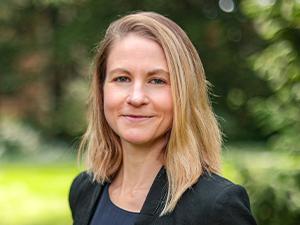Drawing from an interdisciplinary humanities background that includes creative approaches to nonfiction writing, I explore the politics and ethics of information: how it impacts elections, public discourse, relationships, and individual wellbeing. Some of the information I study is true. Some is false. Some is somewhere in between. Some is harmful and some is helpful. Some comes from jokes, conspiracy theories, rumors, religious beliefs, quasi-religious beliefs, conversations with friends. Some is shared online and some is shared offline. What I am interested in is what the information does.
My qualitative methods reflect my humanities (literary/cultural theory/folklore) training: participant observation, rhetorical analysis, textual analysis, and symbolic analysis. I use these methods to develop cultural histories of the groups and issues I study.
In 2025, I published The Shadow Gospel: How Anti-Liberal Demonology Possessed US Religion, Media, and Politics (MIT Press), which traces the 80-year-old quasi-religious history of the figure of the "liberal devil" within conservative and Evangelical media. I am in the process of completing a follow-up manuscript, titled Popular Demonology, that explores how political myth, storytelling, and ritual have spread ideas about the "liberal devil" far beyond conservative networks -- including among those who identify as liberal.
In the Media Studies program at SOJC, I teach Intro to Media Studies, Media Ethics (with a true crime focus), Cross Cultural Monster Narratives, and courses on elections during presidential and midterm election cycles. I am a core faculty member in the Folklore Program.
Back to Top


